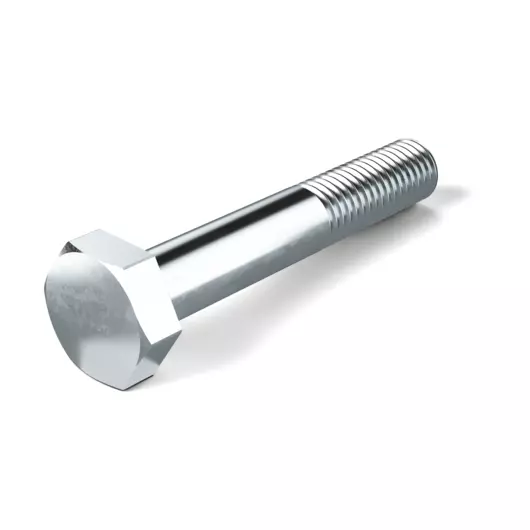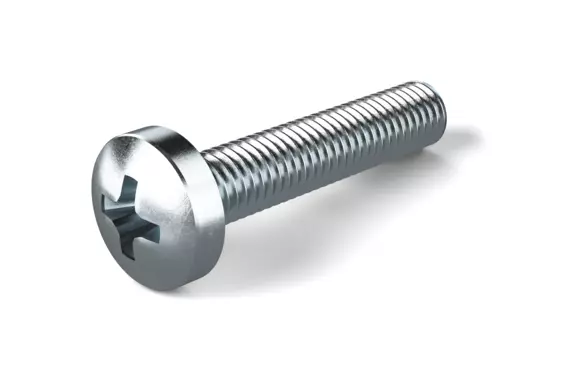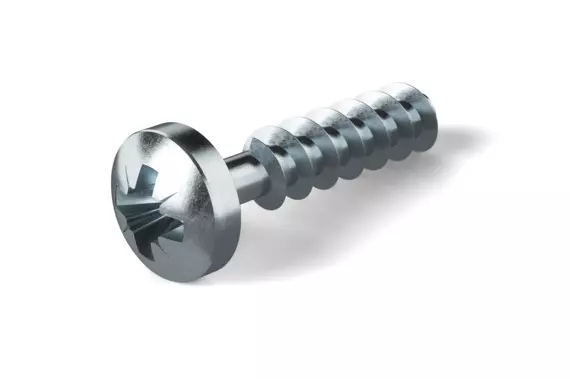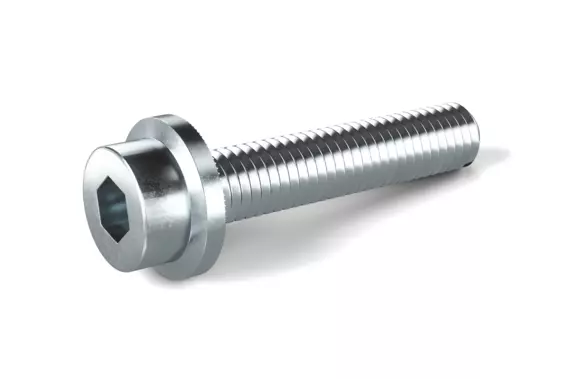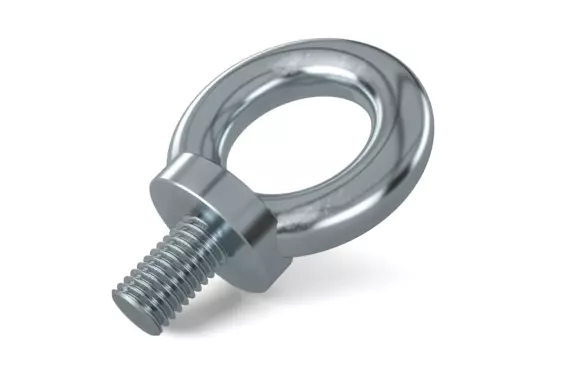Thread-rolling screws for metals create their own thread during assembly. This requires pre-punching. Once the screw has been installed, it often creates a hole with a metric thread. This means that the thread-rolling screw can be exchanged for a metric DIN or ISO screw during servicing. As a result, these screws can be used efficiently for a wide variety of applications.
Standards
- DIN 7500 D
